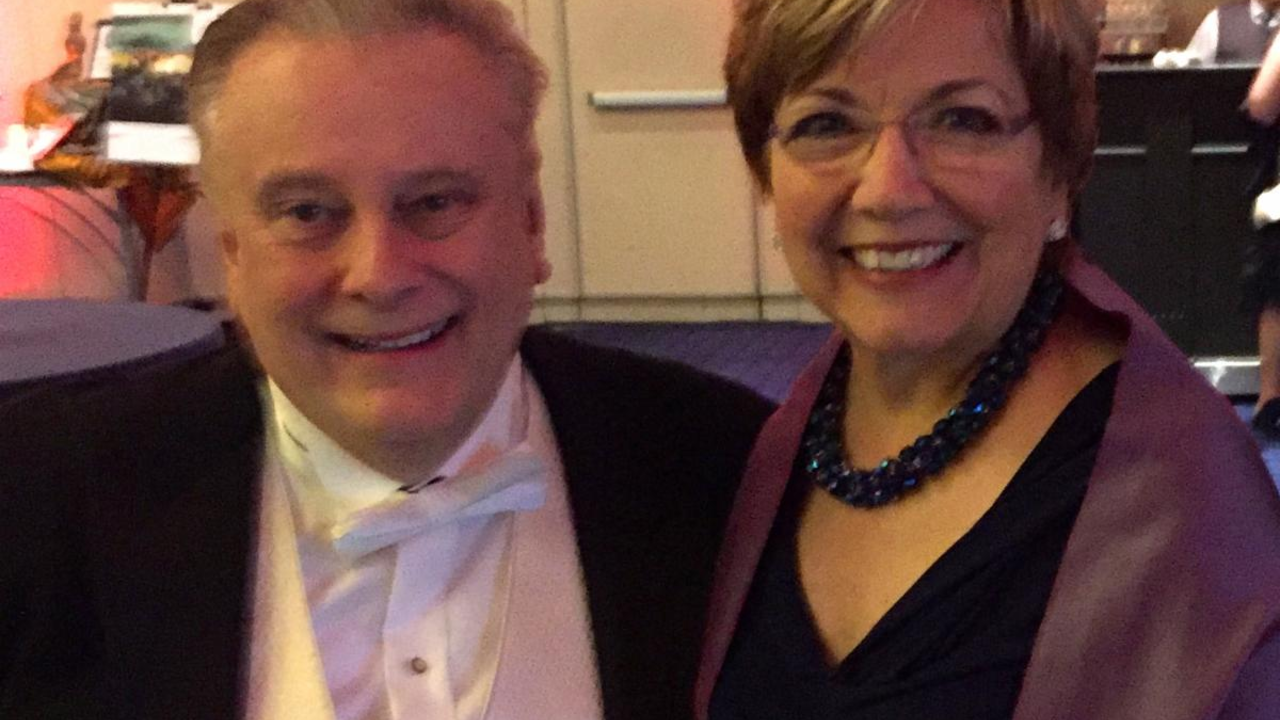The Future of Hospice As Seen From Capitol Hill

Image Above: NHPCO Gala 2016 Patti Moore and Don Schumacher CEO National Hospice and Palliative Care Organization
As I return home from a week in Washington DC, advocating for hospice on Capitol Hill and attending the 31st National Hospice and Palliative Care Organization’s Management and Leadership Conference, I am once again filled with hope and pride in the difference this work continues to make in the lives of millions of dying people, their families and their loved ones across the country.
While on Capitol Hill on behalf of the National Partnership for Hospice Innovation, I heard the personal stories of Congressmen and Senators who, while they represent diametrically different political points of view, shared very similar experiences of the deaths of loved ones, with and without the support of hospice.
Senator Whitehouse (D-RI) said he and his family experienced the “horrible” death of a beloved grandmother – but that thanks to hospice, his father’s “good” death had left the family with a comforting glow. Congressman Dr. Roe (R-TN) spoke of his agony at having to complete “do not resuscitate” orders for his wife and both parents. Clearly, the pain of losing a loved one knows no political boundaries and is one experience we’ll all have to face: If we live long enough we will lose someone we love.
I expected to find cynicism and a complete breakdown of compromise, but instead I discovered a kernel of hope; hope that those on both sides of the aisle could find common ground on how to support our soon-to-be enormous population of frail elders suffering multiple chronic illnesses. There is movement on many fronts, from the bipartisan bill by Congressmen Blumenour (D-OR) and Dr. Roe to allow payment for physicians to be trained on how to have “The Conversation” around patients’ wishes for their final weeks or months of life, to a Chronic Care Work Group led by Senator Isakson (R-GA). With the absurdity of “death panels” (hopefully) behind us, we must begin a candid discussion about how we will support the millions of people living well into their 90’s and 100’s and how they wish to be cared for at the ends of their days.
Then I attended the 31st National Hospice and Palliative Care Organization Management and Leadership Conference, marking the end of an era as Don Schumacher, the CEO of NHPCO, announced his retirement at the end of 2016. His contributions to the care of the dying and their loved ones have been remarkable, both as the CEO of one of the nation’s most innovative hospice programs in Buffalo, New York, and in Washington DC representing the hospice and palliative care movement. We will greatly miss Don and his visionary leadership.
Reed Tuckson, MD, gave a plenary address on the future of healthcare and hospice, exhorting all of us to continue to be activists on behalf of the seriously ill and dying in America. His observations were challenging, even frightening at times, but ultimately hopeful. He said, “We will not be able to “medicalize” our way out of this tsunami of chronic illness and spiraling healthcare costs; it will take a focus on humanity and empathy throughout our society to focus beyond the mere “science” of illness”. Dr. Tuckson urged us to consider this quote by Atul Gwande, MD: “As physicians we see a lot of pain, and in order to function and make rational decisions, we have to filter some of it out…But, perhaps the greatest challenge of caring empathetically for the dying arises from the question: What does empathy look like when it has been stripped of hope?”
Being together with my colleagues and the community of hospice and palliative care providers last week was both inspiring and humbling because each and every day they are the ones who continue to find ways to offer love and care for the dying, offering them hope in the midst of their pain. What a privilege for me to be in this field with like-minded, passionate people who provide care for not only the physical needs of the dying but who are equally committed to caring for their humanity.
Bless you all

